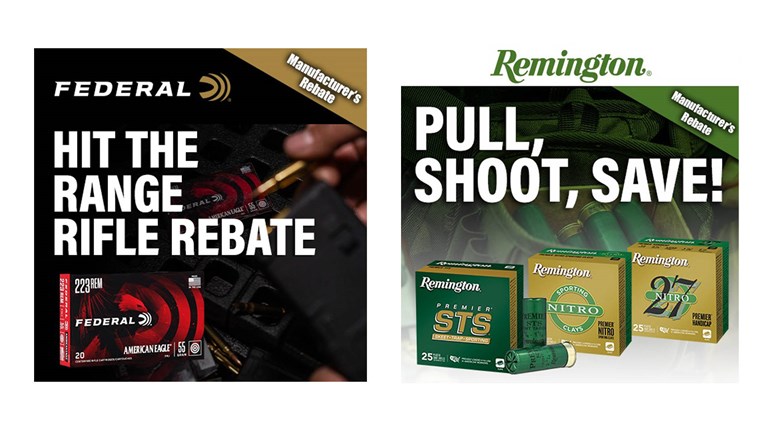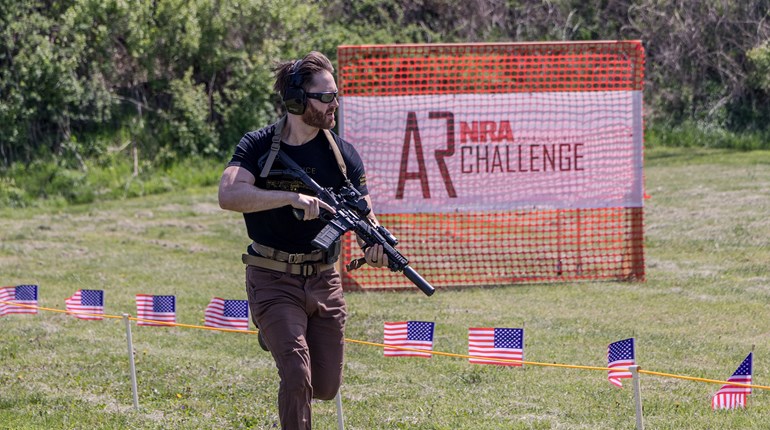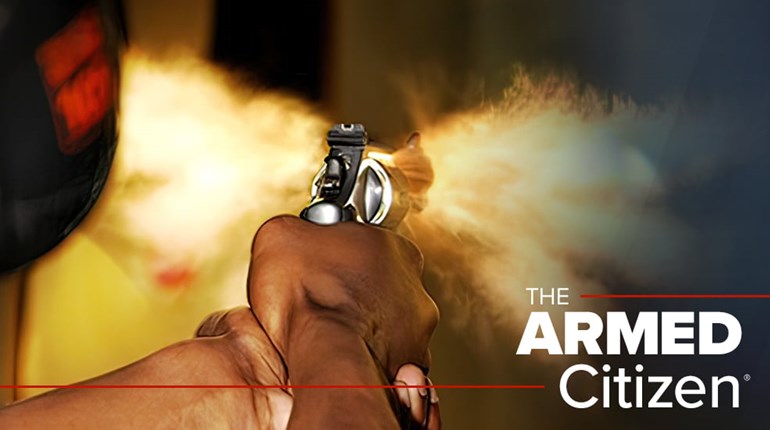
Photo by Jarek Tuszyński/CC-BY-SA-3.0 & GDFL, courtesy of Wikimedia Commons.
The Supreme Court on Tuesday rejected Remington Arms’ request for review of a decision that allows a lawsuit to continue that seeks to hold the manufacturer civilly liable for the actions of a mentally ill man who murdered children.
The high court did not make any comment on the decision to deny the request from Remington Arms. The case will now move forward in a lower Connecticut court.
The plaintiffs in the case against Remington and others (Soto v. Bushmaster) are the survivors and representatives of those who were murdered. They believe Remington should be held liable because of how the manufacturer marketed the rifle, arguing Remington advertised and marketed the rifle in an “unethical, oppressive, immoral and unscrupulous manner.”
Initially dismissed by a trial judge, the Connecticut Supreme Court ruled by 4-3 vote in March that the case could proceed under a statutory exemption to the Protection of Lawful Commerce in Arms Act (PLCAA). The court wrote that the statute “did not bar the plaintiffs’ wrongful death claims predicated on the theory that the defendants violated [the Connecticut Unfair Trade Practices Act] by marketing the rifle in question to civilians for criminal purposes and that those wrongful marketing tactics caused or contributed to the decedents’ injuries.”
The ruling from the Connecticut Supreme Court “created a dangerous new exception,” to the PLCAA,” reported NRA-ILA.
The Connecticut Supreme Court decision certainly does that. It could allow firearm manufacturers to be held liable for however a criminal opts to use the manufacturers’ products, merely based on a court’s or jury’s reaction to language or images in the company’s advertising.
Remington sought to dismiss the lawsuit under protection of the PLCAA, noting that the law was written to protect manufacturers from precisely this sort of lawsuit. In its petition to the U.S. Supreme Court, Remington wrote that the state court’s interpretation is “intolerable given Congress’s ‘intention to create a national uniformity’ with the PLCAA.”
The NRA filed a joint amicus brief with the Connecticut Citizens Defense League (the state’s largest gun-rights organization) in support of Remington’s petition.
The PLCAA was enacted to protect the firearms industry from frivolous lawsuits designed to bankrupt firearms manufacturers. The PLCAA basically shields firearms makers from civil liability when someone uses one of their products illegally; however, the PLCAA does contain some exceptions, such as allowing recovery for a faulty product or against a business knowingly selling firearms to someone prohibited from owning one.

































